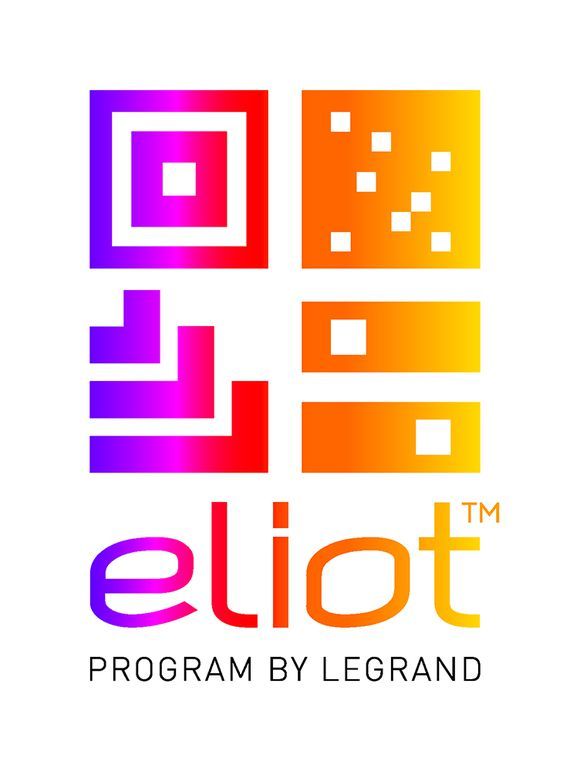Legrand’s Chief Marketing Officer Steve Schoffstall speaking about Eliot on Thursday.
Photo by Photo by Alfred Ng/CNETThe smart home could soon be running on its own.
Legrand sees a future where your smart home learns based on your habits and behaviors — even knowing when to turn on the lights for your 3 a.m. bathroom run.
The French-based electrical equipment company hopes to make smart homes autonomous, where shades open and the coffee maker gets started before you wake up. Like iOS‘s automated traffic helper, that uses your frequent locations and tells you how long your commute will be, Legrand wants to use the same data, but apply it to your alarms.
Like if traffic meant an extra 20 minutes on your ride to work, Legrand’s Eliot program wants to be able to connect that information from your phone to your connected clock, and set your alarm back 20 minutes so you’d wake up in time, all while you’re asleep.
Eliot’s goal is to connect IoT devices across all platforms into a single, smooth experience. To do that, it’s teamed up with Samsung, Amazon and Cisco. Instead of pushing out its own products, Legrand hopes to build off the millions of smart devices that are already in people’s homes.
“You’ll hear people talking about lighting, or they’ll talk about the home theater,” Legrand’s North and Central America CEO John Selldorff said. “But we’re the only ones talking about relationships between all those. You’re not just walking in a room to turn the lights on. You’re going in to turn the TV on, to talk with people, to entertain.”
Eliot’s name comes from a combination of Legrand’s main product, electricity and the IoT.


Legrand’s Eliot program is pushing for the autonomous home.
Photo by Courtesy of LegrandA majority of Legrand’s market is building infrastructure for offices, by providing lighting and networking for businesses. It had partnered with Cisco in the past on the business network-equipment company’s “Digital Ceiling Framework,” which wired up Legrand’s office lights, thermostat and shades into one automatic system.
Based on a person’s profile, lights and temperatures would automatically adjust depending on who was in the room. Legrand hopes to bring that element to the home, while upping the ante with voice control through Amazon Alexa.
Eliot also uses Samsung‘s ARTIK Cloud to get all the connected devices in the room to work with each other through an all-in-one control system. Legrand’s lights will be able to be controlled through third-party services also like IFTTT.
By learning from habits and timing and data in IoT devices, Legrand is betting on Eliot being able to make your daily life autonomous, from the moment you wake up, get to work and head back home.
With Eliot comes presence sensing technology, meaning your connected devices would be able to tell when you — or your dog — are in the room, as well as how fast you’re moving and where you’re headed. It’s how your smart home would be able to light up a pathway during any midnight snack runs.
Selldorff said he hoped Eliot would be the opening to making smart homes and offices mainstream. Right now, the CEO said, interior designers and architects aren’t really aware of the potential out there for an autonomous building, and could be turned off by the costs and potentially confusing setup.
With Eliot, he hopes the add-ons to existing IoT devices will help cut through that confusion.
“It’s evolutionary and it’s appropriate,” Selldorff said. “Things we’ve envisioned since watching ‘The Jetsons,’ it’s now a reality for what we can do.”